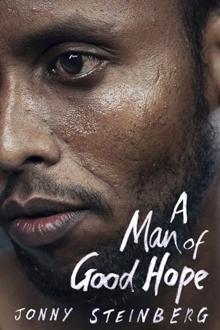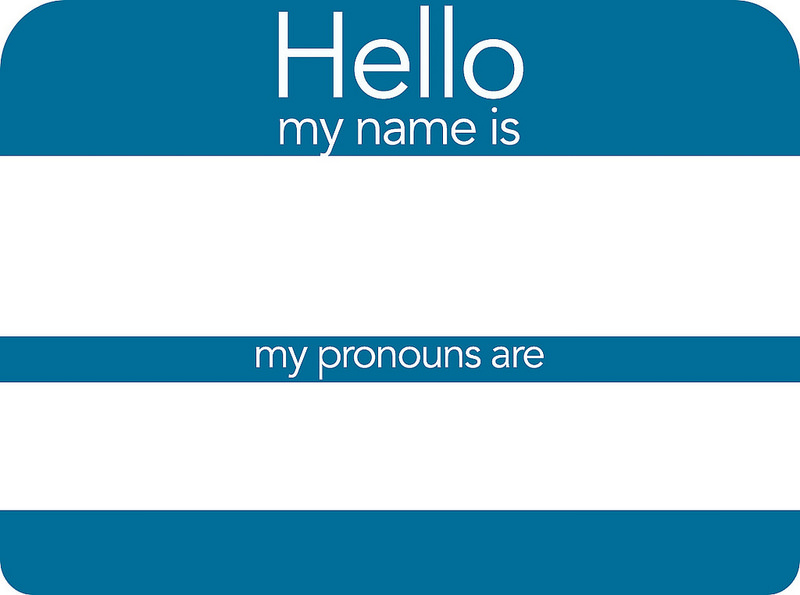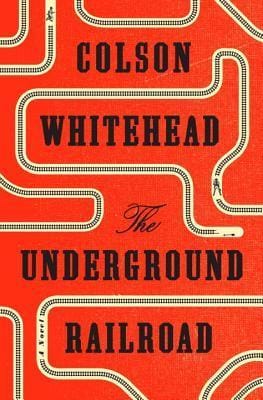| Despite some concerns about how I prioritise my time, I recently allocated several hours to a task that is either brilliantly forward thinking or the biggest waste of time since ironing underwear (not guilty: I struggle even to assemble the ironing board). In the process of editing the short stories in my forthcoming collection, Becoming Someone, I altered the names of a few characters to avoid duplication. So far, so sensible. But I couldn’t leave it at that. I also trawled through my debut novel, Sugar and Snails, my second novel, Underneath, and my current WIP, with the aim of abolishing overlaps across my published work. Is this evidence of a professional approach to my writing or an overly obsessive and perfectionist personality? |
Welcome
I started this blog in 2013 to share my reflections on reading, writing and psychology, along with my journey to become a published novelist. I soon graduated to about twenty book reviews a month and a weekly 99-word story. Ten years later, I've transferred my writing / publication updates to my new website but will continue here with occasional reviews and flash fiction pieces, and maybe the odd personal post.
|
10 Comments
As the first African-American president approaches the end of his two terms of office, the politics of the creature waiting to replace him send shivers down many a spine. So timely to remind ourselves how western wealth was built on the trade in human beings with two novels about the slave trade between Africa and America and its aftermath. It’s not an easy subject to write – or read – about and, although I’ve read a couple of good ones (Blonde Roots by Bernadine Evaristo and Property by Valerie Martin come to mind, but there may be others), I believe these are the first I’ve reviewed.
 This is the story of an epic conversation between two African men: shopkeeper and Somalian refugee, Asad Abdullahi, and white South African academic and journalist, Jonny Steinberg. Their conversation begins in Cape Town in 2010, a time of violent attacks on foreign nationals in the run-up to the World Cup, travelling back in time to plot Asad’s history of migration from the moment when, at eight years old, his mother was shot in front of him, to end in 2013 when he is resettled with his family in Kansas City, USA. It’s the tale of a child subject to multiple betrayals, “kicked through life like a stone” (p278), drifting between countries and cultures, from a refugee camp as barren as the first concentration camps to the cosmopolitan streets of inner-city Nairobi to a desert settlement deep in the Ethiopian hinterland, who nevertheless has “lived a fully human life … [altering] radically the course of his family’s history, so that his children and their children … live lives nobody in Somalia at the time of his own birth could have imagined” (p313). It’s also, to a lesser extent, the account of the practical and ethical hurdles faced by both men in bringing Asad’s story to the attention of the wider world.  A writer is someone who edits, not just culling the dross but being brave enough to throw out the good stuff if it isn't earning its keep. All that waste would horrify Selina, the central character in my newly published short story, Fat Footprints, whose close relationships are in jeopardy due to her taking the mantra of reduce, reuse, recycle to the extreme. So it's on her behalf I'm asking if there's ever a way of reusing those unwanted words. Like taking our fashion mistakes to the charity shop and wilted vegetables to the compost, is there ever life after death for our redundant sentences? In an rare spirit of fairness and compassion, the British House of Commons voted yesterday in favour of gay marriage. My first thought was, Elvira will be pleased. (Okay, to be scrupulously honest, I had to scrabble around in my brain for her name, as it doesn’t quite suit her, and, besides, it’s her partner, Geraldine, I know best. Even so, it was Elvira, I thought of. She’s the one who’s refused to compromise and settle for a civil partnership while they’ve been bringing up their kids together.)
So why haven’t I sent the happy couple a congratulatory card or email or text? Because it would be the adult equivalent of forwarding a letter to Santa up a bricked-in chimney. You see, Elvira and Geraldine are characters in my will-it-ever-be-published novel, Sugar and Snails. Whisper it gently, so as not to offend them, but they’re just made up. We get plenty of writerly advice about making our characters live and breathe like real people, but is there ever a point when they could become too real and, like Frankenstein’s monster, take over our lives? Or is that the whole point of being a writer, to create an alternative landscape that’s somehow more bearable (yes, even if it’s a dystopia, even if it’s super real) than the one we occupy day-to-day:  Martin in full voice Martin in full voice Not being an early adopter of all things technological, I wasn't in a great hurry to join the blogging bandwagon. Except for the fact that both involve using ideas to construct sentences, I didn't see much overlap between writing fiction and a blog. Would it be worth the time and effort if no one were to read it? Would I be opening myself up to spiteful anonymous attacks? Might I, through the mysterious machinations of playground politics (sorry, the freedom of the internet), be simultaneously lambasted and overlooked, and still be no further forward with what I consider to be my real writing? Ten days in, I'm beginning to revise my opinion. The similarities are greater than I'd – naïvely, glibbly – imagined. Because, in any kind of writing, there are always choices to be made about how to present oneself. There's always the question of narrative voice. I'm writing as me, but as a particular version of me. Perhaps that's why I adopted the playful/witty/irritating/endearing username Annecdotist (delete as appropriate, but before you judge, please consider what it's like to spend your whole life answering to an indefinite article). It's me, with a tale on the end. Unlike creating a narrator for my fiction, I'm not burdened with designing the details of Annecdotist's appearance and habits as these, for better or worse, are fixed. Or should they change, they do so in negotiation with me. No need to file reminders about the colour of her bedsheets or that she needs to stand on a chair to reach the spare mugs on the top shelf of the kitchen cupboards. But this doesn't mean I have no decisions to make about how I present my narrator. Far from it. It merely draws my attention to the more subtle aspects of narrative voice, that are perhaps more important but harder to pin down: Or it may be because a voice admits us to a mind, a spirit and soul, which is distant from our own and yet the voice makes us live and breathe it. It doesn't mean that your narrator must be narrating explosions or heartbreaks, it means that your narrator must be someone we keep listening to. 'Listen!' s/he says, and we do. How chatty should I try to make Annecdotist to entice you to listen? How authoritative? How humorous? How open? If I allow her to be too opinionated will I alienate some potential readers, but if I don't take that risk will the whole thing be altogether too bland?
I ought to be asking these same questions of the narrators of my fiction, but it seems more acute here, where I'm developing the voice in public (I wish!) right from the start. I'm curious as to how Annecdotist will develop over time and how she will feed into my fiction, if at all. Even though I do all my writing directly onto the computer, it's only Annecdotist that I identify strongly with the digital world. She's like one of those people kids used to think lived in the telly or one of those sophisticated androids from films like Blade Runner and if only I could locate the screen on my computer to fine-tune her settings, I'd have nothing to worry about. Perhaps other more experienced writer-bloggers have sussed this one out yonks ago, or maybe your personalities are so well integrated your one-size-fits-all personas will serve you well at anything from a job interview to a beach barbecue. Whatever you think, perhaps you'd like to enlighten me? |
entertaining fiction about identity, mental health and social justice
Annecdotal is where real life brushes up against the fictional.
Annecdotist is the blogging persona of Anne Goodwin:
reader, writer, slug-slayer, tramper of moors, recovering psychologist, struggling soprano, author of three fiction books. LATEST POSTS HERE
I don't post to a schedule, but average around ten reviews a month (see here for an alphabetical list), some linked to a weekly flash fiction, plus posts on my WIPs and published books. Your comments are welcome any time any where. Get new posts direct to your inbox ...
or click here …
Popular posts
Categories/Tags
All
Archives
March 2024
BLOGGING COMMUNITIES
|

























 RSS Feed
RSS Feed





















